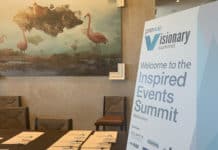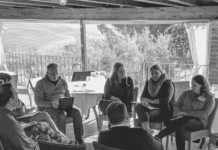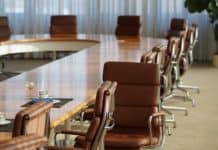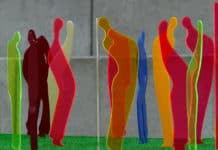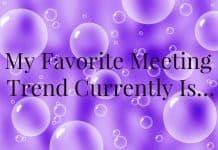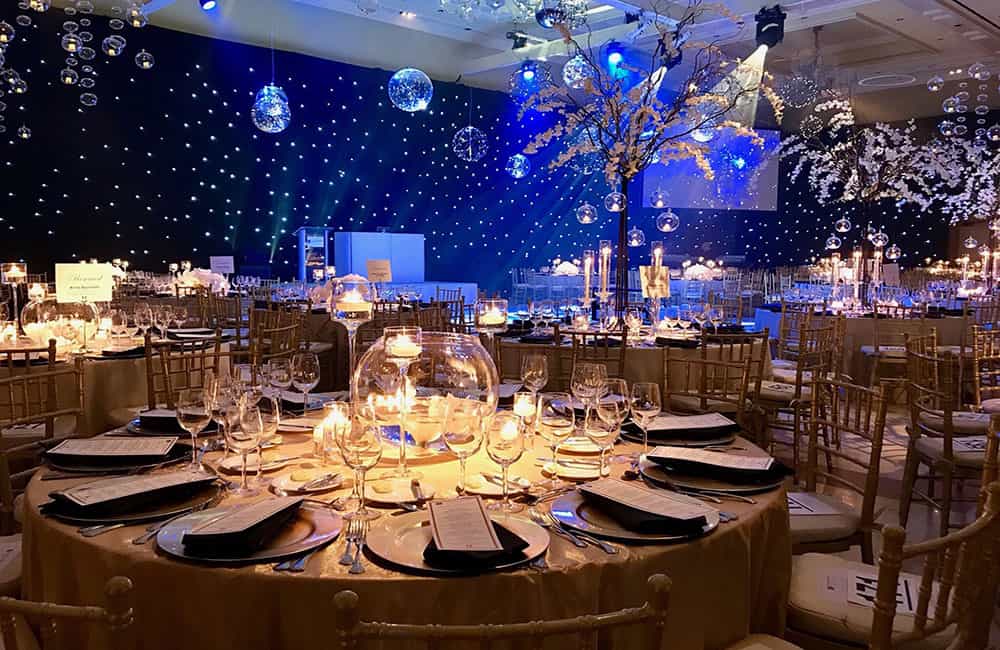
MeetWell speaker Debra Duneier of Eco Chi focuses on how to integrate the principles of feng shui in meeting room design.
Debra’s Purposeful Design blog focuses on how green and sustainable practices, evidence-based wellness studies and spiritual design philosophies attained from various ancient cultures, such as fen shui, can optimize the participant’s experience. Here are 6 new ways of thinking about your seating arrangement and layout.
Function
Seating arrangements play an important role in how we experience an event, as well as how we remember it for years to come. It is important to think about attendees, and how they are going to be participating in a space. Will they be listening, observing, discussing, or actively contributing? Also at what time of day, or point of the event will they be in this seating area?
Facing Direction
Another aspect to consider when designing a layout is the facing direction for attendees. Is everyone able to see the speaker? However, this is about more than just visibility. An attendee’s facing direction can create a feeling of empowerment and inclusiveness. This lays the groundwork for a unique experience for all and will directly impact the success of your event.
Energies of the Space
What are the existing energies of the space? What feeling would you like for the room to deliver during the event? In the art of Feng Shui, an on-site Energy Reading shows the energies that exist in various areas (compass directions) of the room. When performing an Energy Analysis, the information from the reading is studied and it is then determined which elements are essential to either remedy or enhance the experience of the space.
Colors, Shape & Form
Think of your event in terms of being part of someone’s life memories. Even at a corporate conference, the way a meeting space is designed can initiate a series of enjoyable experiences and unforgettable memories for your attendees. Environmental Psychology teaches us that each color, shape, texture as well as accessories and art can evoke a certain emotion or feeling for an individual.
Nature & Health
Conferences are often held in beautiful places, but attendees are usually indoors for long periods of time. It is important to make sure the indoor environments don’t create a disconnect between attendees and the outside world. Bringing nature indoors is a great way to expose attendees to natural elements, which studies show can often revitalize the brain and critical thinking. Looking at outdoor views, live green plants, a living green wall or even art that represents nature, fires up our brain and can make us feel more optimistic, focused and lower our stress and blood pressure.
Circadian Rhythms
Light can cheer us up, create a relaxed mood, or stress us out. It can intensify our experience, focus our attention, create a decision-making environment and more. Light also influences our circadian rhythm: a repetitious pattern based on the natural cycles of day turning to night, night to day. The way a space feels can be shaped by how the lighting is intentionally installed.



